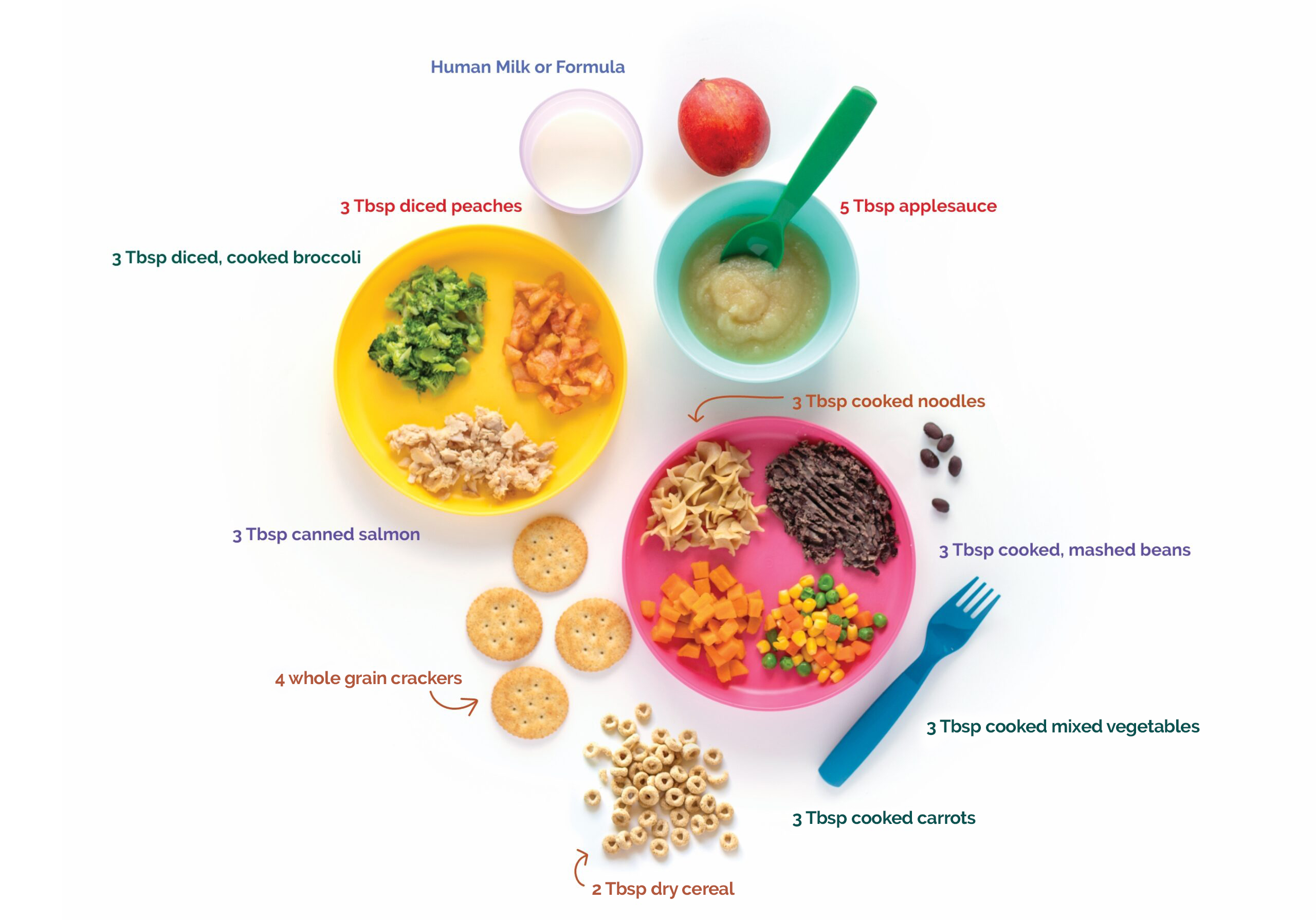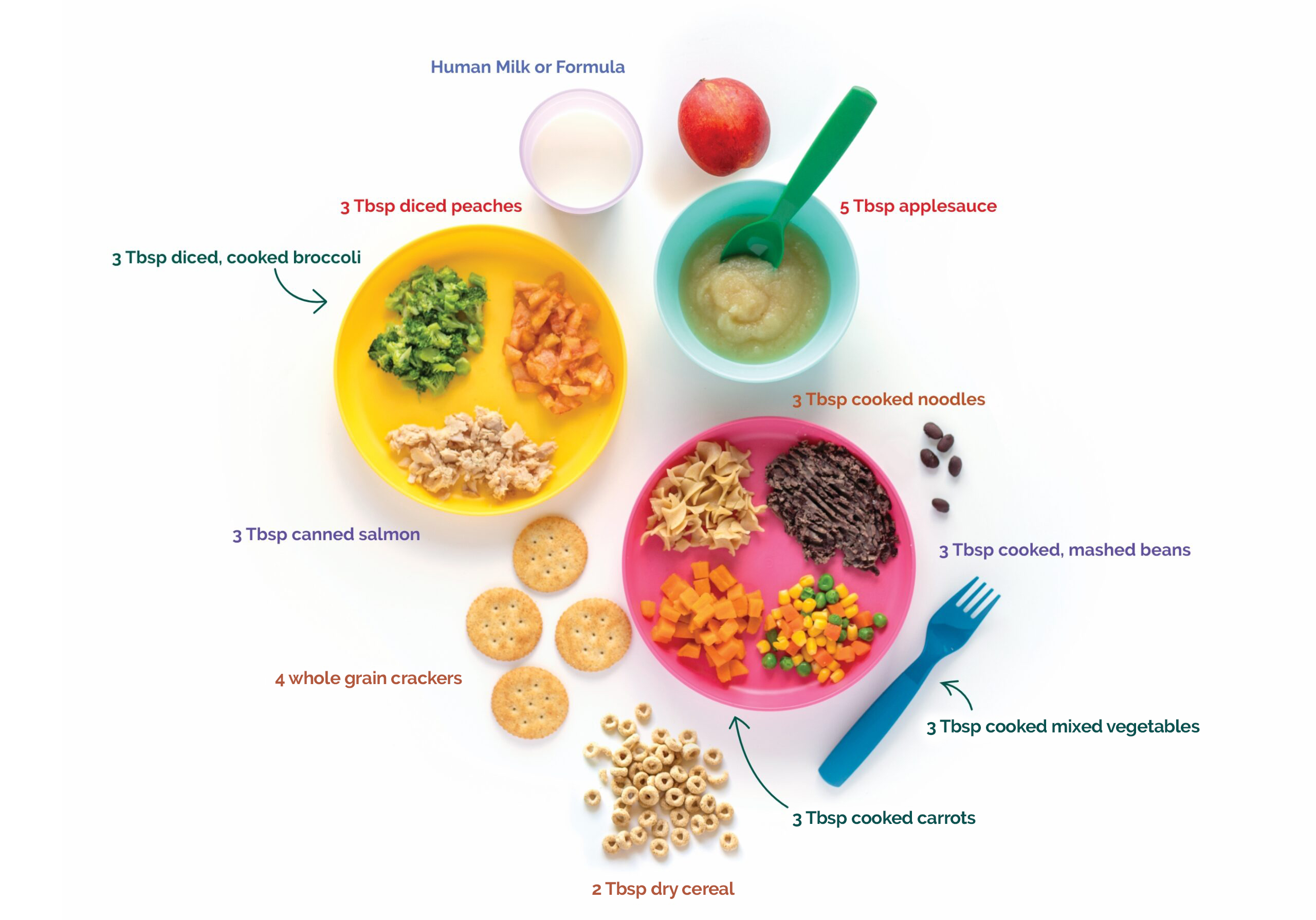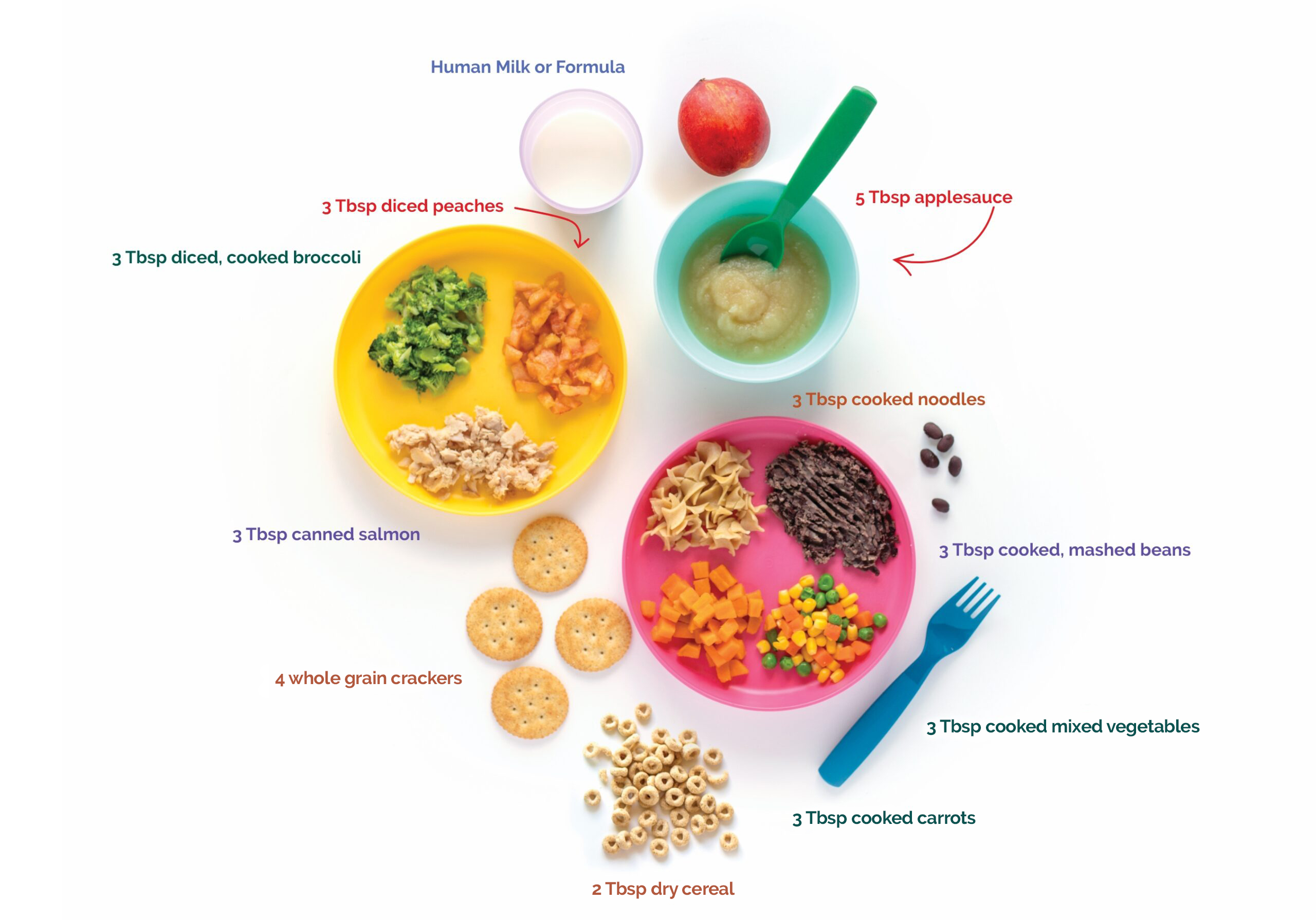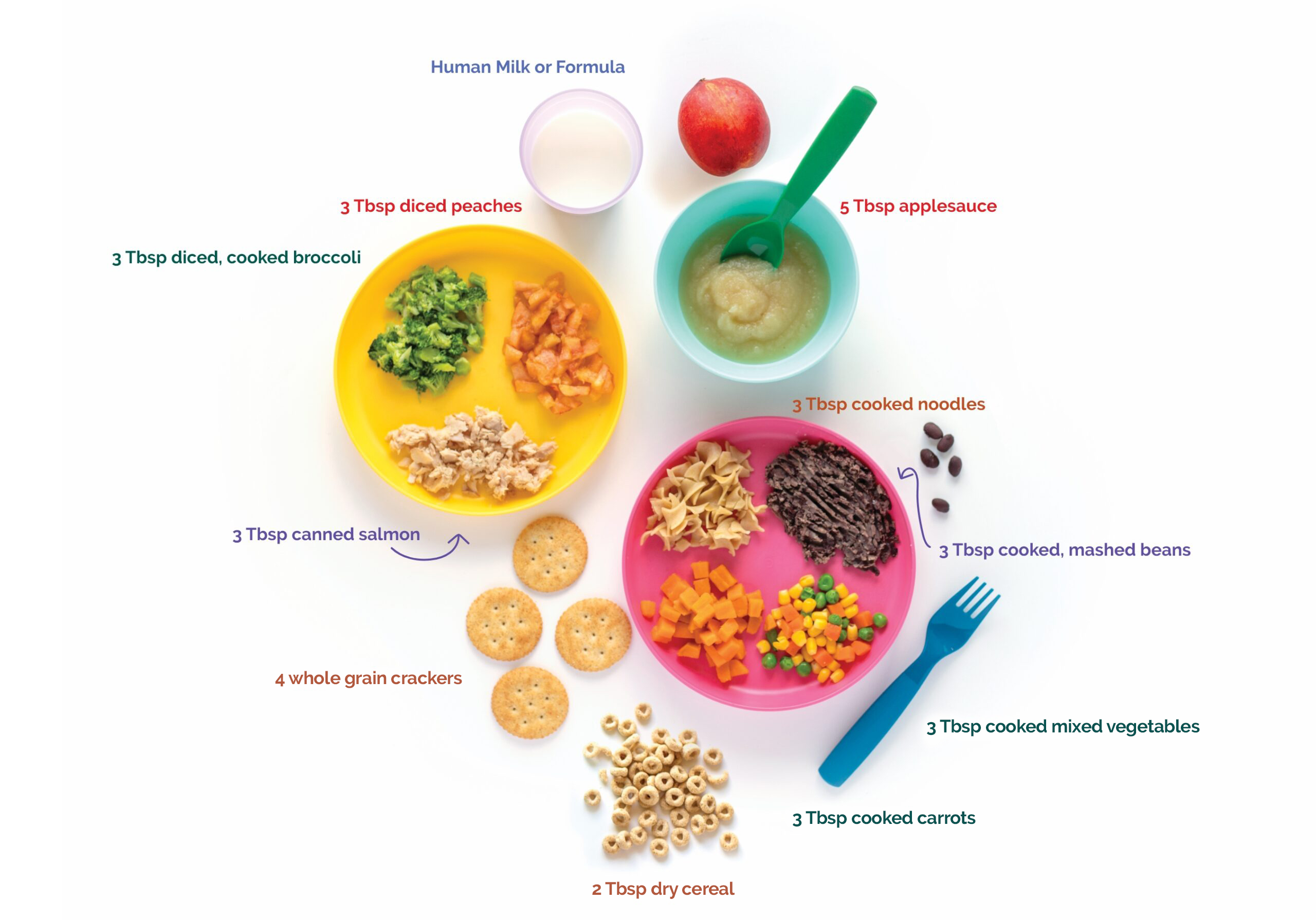Davis, E. C., Castagna, V. P., Sela, D. A., Hillard, M. A., Lindberg, S., Mantis, N. J., Seppo, A. E., & Järvinen, K. M. (2022). Gut microbiome and breast-feeding: Implications for early immune development. Journal of Allergy and Clinical Immunology, 150(3), 523–534.
https://doi.org/10.1016/j.jaci.2022.07.014
Conz, A., Salmona, M., & Diomede, L. (2023). Effect of non-nutritive sweeteners on the gut microbiota. Nutrients, 15(8), 1869.
https://doi.org/10.3390/nu15081869
Cleveland Clinic. (n.d.). What are prebiotics? Cleveland Clinic. Retrieved March 24, 2025, from
https://health.clevelandclinic.org/what-are-prebiotics
Madison, A., & Kiecolt-Glaser, J. K. (2019). Stress, depression, diet, and the gut microbiota: Human-bacteria interactions at the core of psychoneuroimmunology and nutrition. Current Opinion in Behavioral Sciences, 28, 105–110.
https://doi.org/10.1016/j.cobeha.2019.01.011
Bastiaanssen, T. F. S., Cussotto, S., Claesson, M. J., Clarke, G., Dinan, T. G., & Cryan, J. F. (2020). Gutted! Unraveling the role of the microbiome in major depressive disorder. Harvard Review of Psychiatry, 28(1), 26–39.
https://doi.org/10.1097/HRP.0000000000000243
Pedroza Matute, S., & Iyavoo, S. (2023). Exploring the gut microbiota: Lifestyle choices, disease associations, and personal genomics. Frontiers in Nutrition, 10, 1225120.
https://doi.org/10.3389/fnut.2023.1225120
Hua, Y., Fan, R., Zhao, L., et al. (2020). Trans-fatty acids alter the gut microbiota in high-fat-diet-induced obese rats. British Journal of Nutrition, 124(12), 1251–1263.
https://doi.org/10.1017/S0007114520001841
Bishehsari, F., Magno, E., Swanson, G., Desai, V., Voigt, R. M., Forsyth, C. B., & Keshavarzian, A. (2017). Alcohol and gut-derived inflammation. Alcohol Research, 38(2), 163–171.
https://www.ncbi.nlm.nih.gov/pmc/articles/PMC5513683/
Baylor Scott & White Health. (n.d.). The rise of prebiotic drinks: Are they actually good for you? Retrieved March 24, 2025, from
https://www.bswhealth.com/blog/the-rise-of-prebiotic-drinks-are-they-actually-good-for-you
Graciously Nourished. (n.d.). Top prebiotic drinks. Retrieved March 24, 2025, from
https://graciouslynourished.com/top-prebiotic-drinks/#how-we-chose-the-best-prebiotic-drinks



























